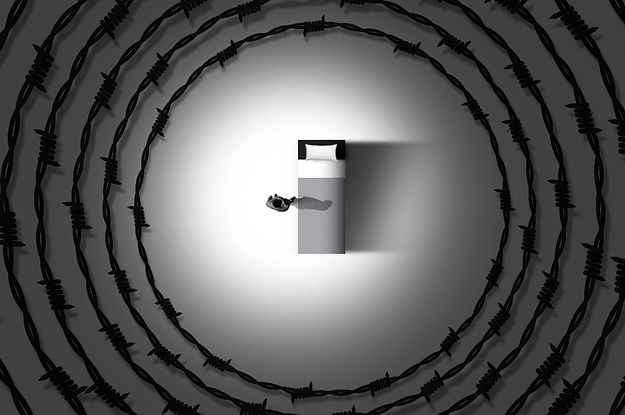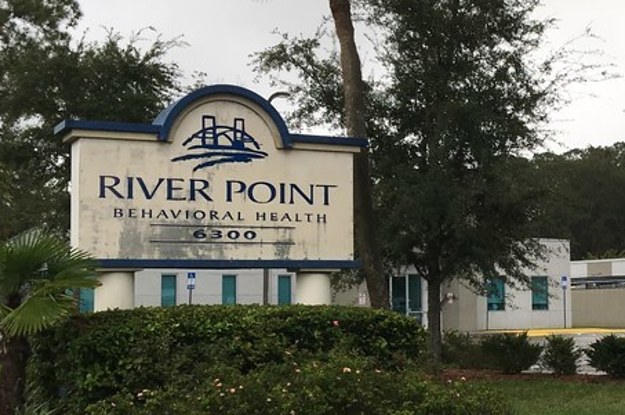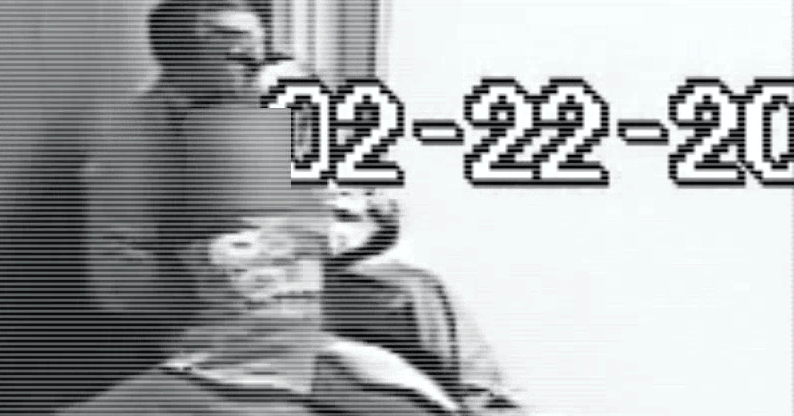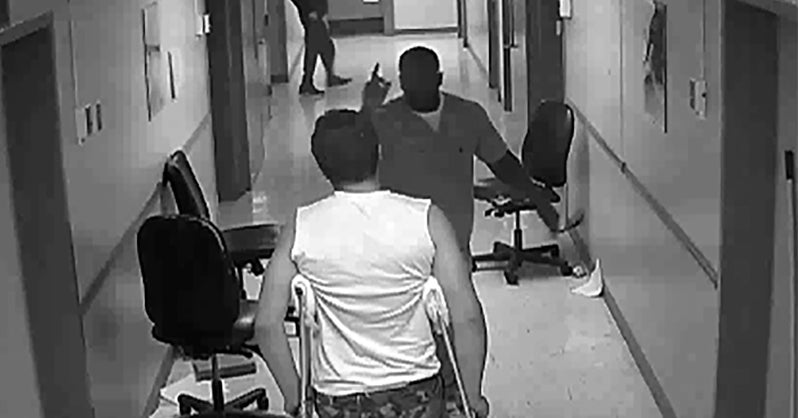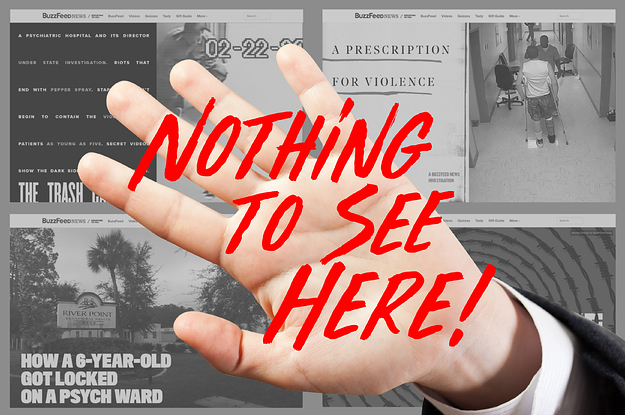- Joined
- Jun 2, 2019
- Messages
- 348
- Reaction score
- 360

Op-Ed: Replacing psychiatrists in jails is dangerous
The Justice Department has acknowledged that Jeffrey Epstein, who died by suicide while awaiting trial on charges of sex trafficking, was taken off
Just wondering what your thoughts are on this article. I’ve interacted with two psychiatrists and multiple physicians who had stated psychologists learn suicide risk assessments from internet videos. Some have also said psychologists do not even have the right training to diagnosis and treat mental illness. I think it’s definitely a little too out there to think a psychiatrist would have made a different decision.


